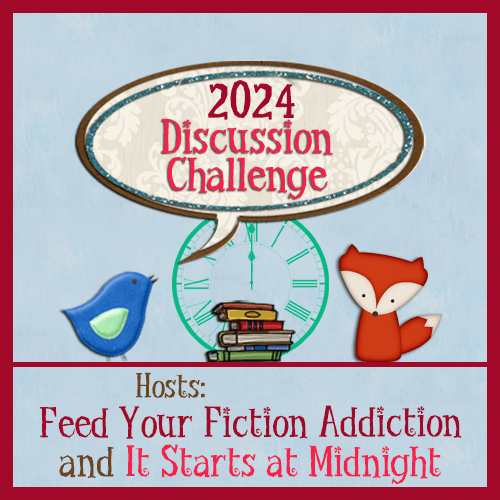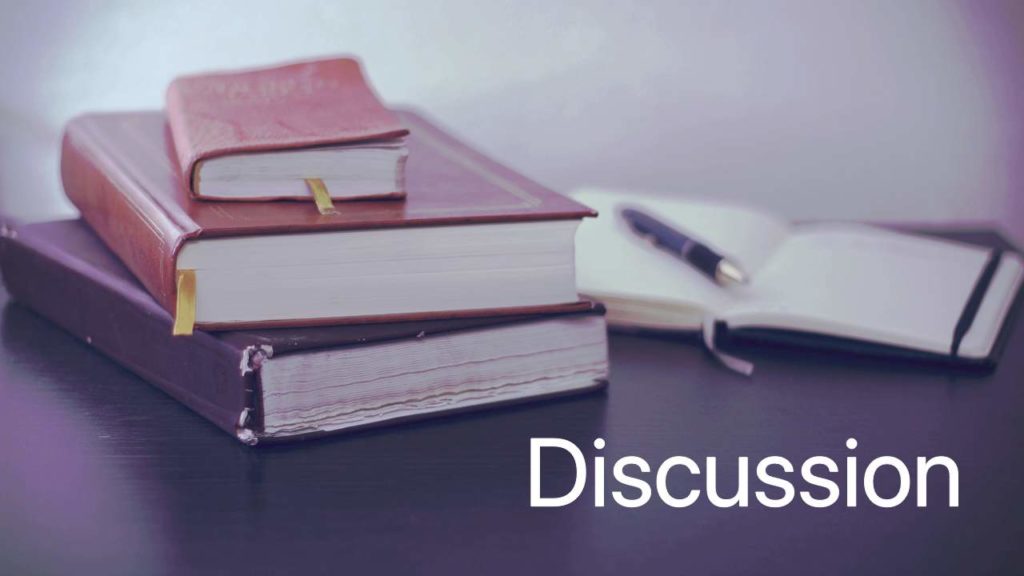Thanks to these two bloggers for sponsoring the annual Blog Discussion Challenge:
- Nicole at Feed your Fiction Addiction
- Shannon at It Starts at Midnight

The Best Dystopian Novels
Although I’m a bit more hopeful since the arrival of Kamala Harris at the top, I’m still quite anxious about the upcoming election here in the U.S. Having lived through the turbulent yet lively 1960s working toward change, I fear an impending regression in not only politics, but also in morality and humanity.
I hope this reading list from the folks at Five Books might remind people of what is at stake both in the U.S. and across the globe as well:
Dystopian novels are a form of speculative fiction that imagines a future in which disastrous forces—political, technological or climatological—have changed the world . . . Sometimes these changes might be cataclysmic, leaving society struggling to survive. Other times the changes might be more subtle; these books imagine near-futures in which the consequences of one or two small changes spiral outwards.
I read a couple of these books (The Road by Cormac McCarthy and On the Beach by Nevil Shute, a reread) during my doomsday reading frenzy of the early COVID-19 days in 2020 (see, for example, Reading & Blogging in the Time of COVID-19). I’ve also read many of the others (Fahrenheit 451 by Ray Bradbury, 1984 by George Orwell, The Hunger Games by Suzanne Collins, Oryx and Crake and The Handmaid’s Tale by Margaret Atwood) at some point during my life. All these books demonstrate what happens when lies replace truth, when demagogues rule, and when people lose their senses of morality, dignity, humanity, and empathy.
Reading makes us better.
© 2024 by Mary Daniels Brown


These days, I’m staying far away from dystopian novels. They are way too close for comfort.
I’m not surprised, Liz. I’m definitely preaching to the choir here. But that’s the beauty of having one’s own blog: You get to do what you want.
Absolutely!